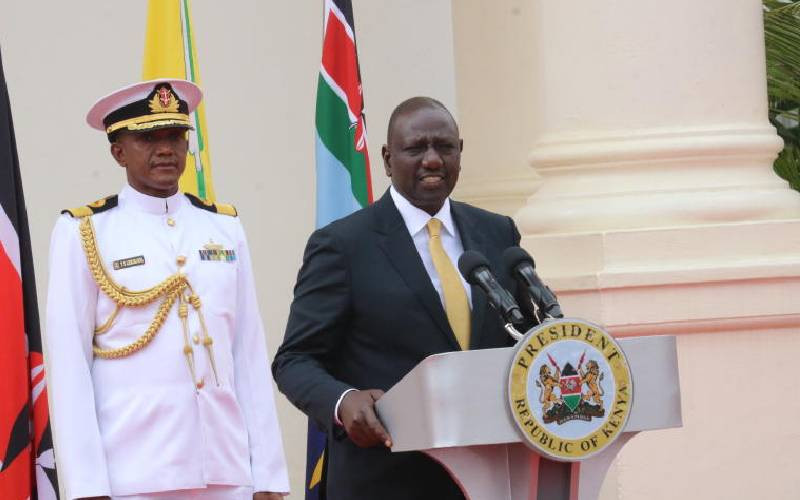×
The Standard e-Paper
Smart Minds Choose Us

President William Ruto's inauguration speech, criticised widely as lacking personal touch, attempted to paint an image of a prosperous Kenya under his presidency, though with little detail of how that would be achieved.
In the wake of a nail-biter of an election boycotted by 35 per cent of voters - more than those who voted for either Ruto or his rival Raila Odinga - the president promised to work for all Kenyans, titling his speech "a Kenya for everyone."